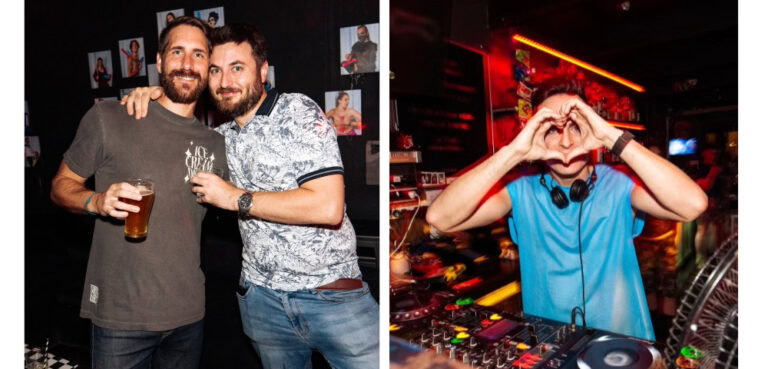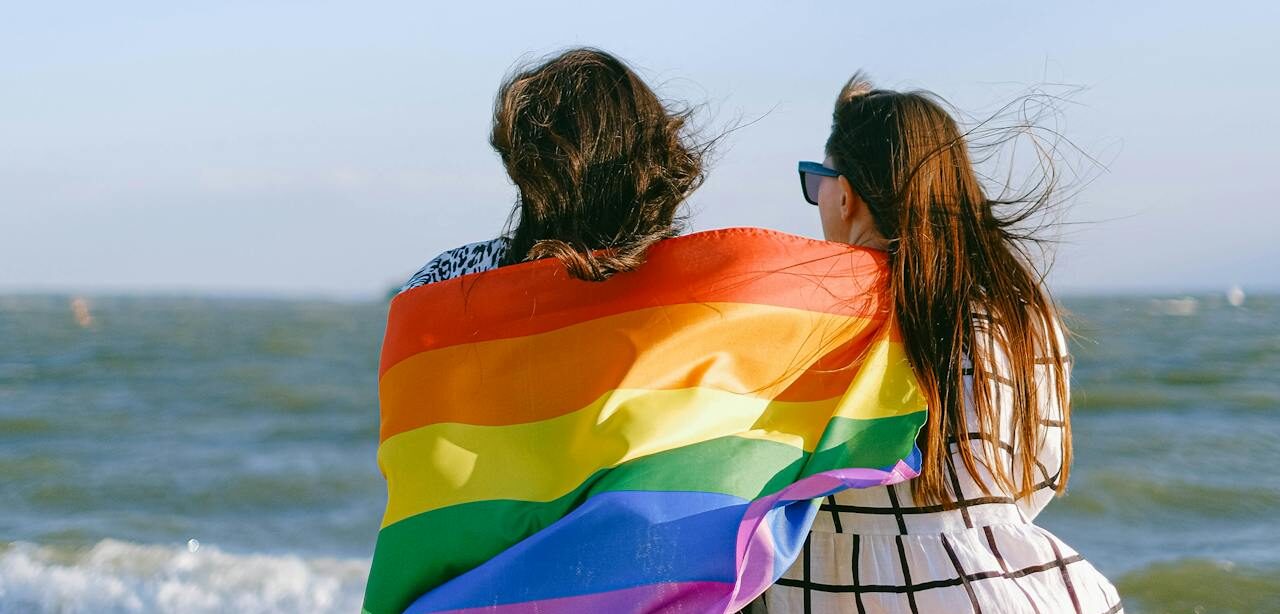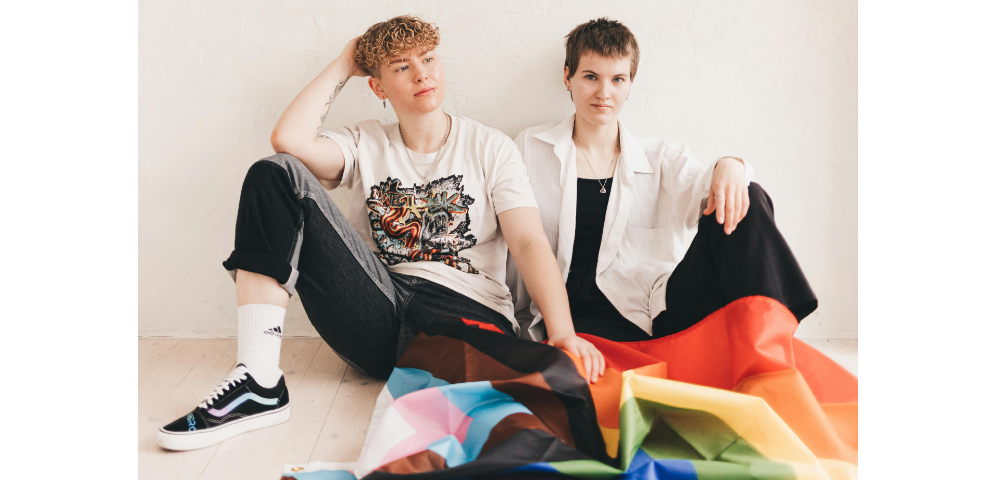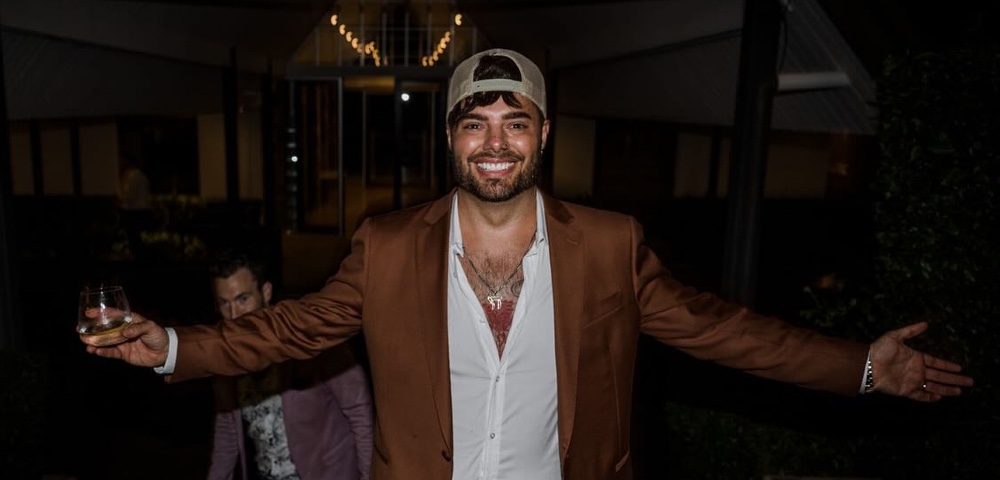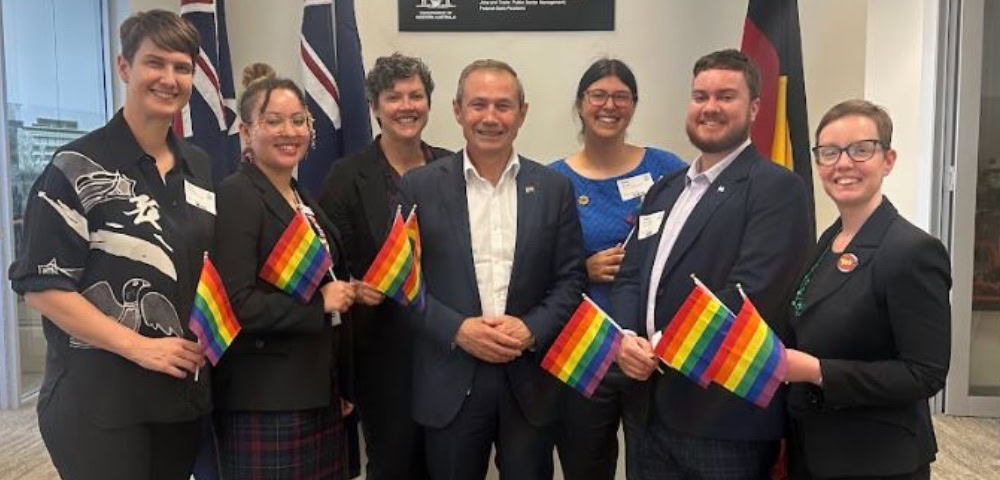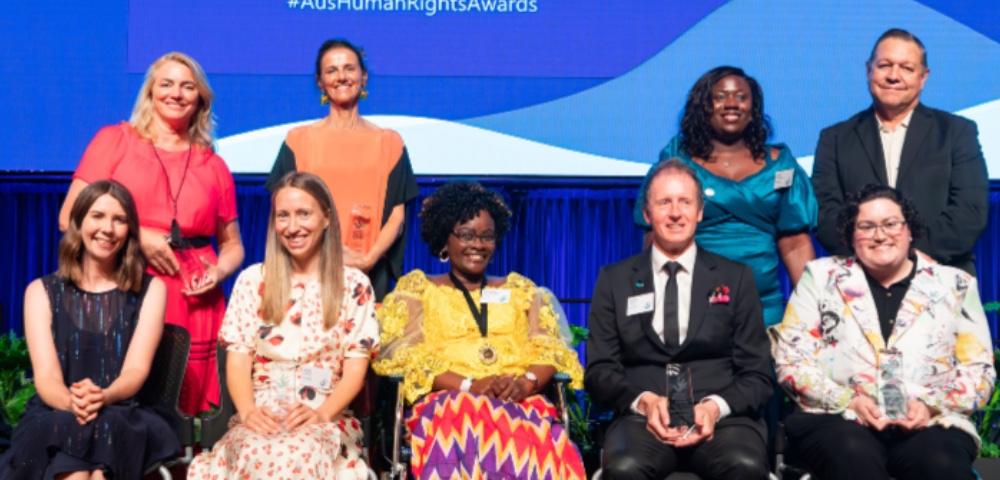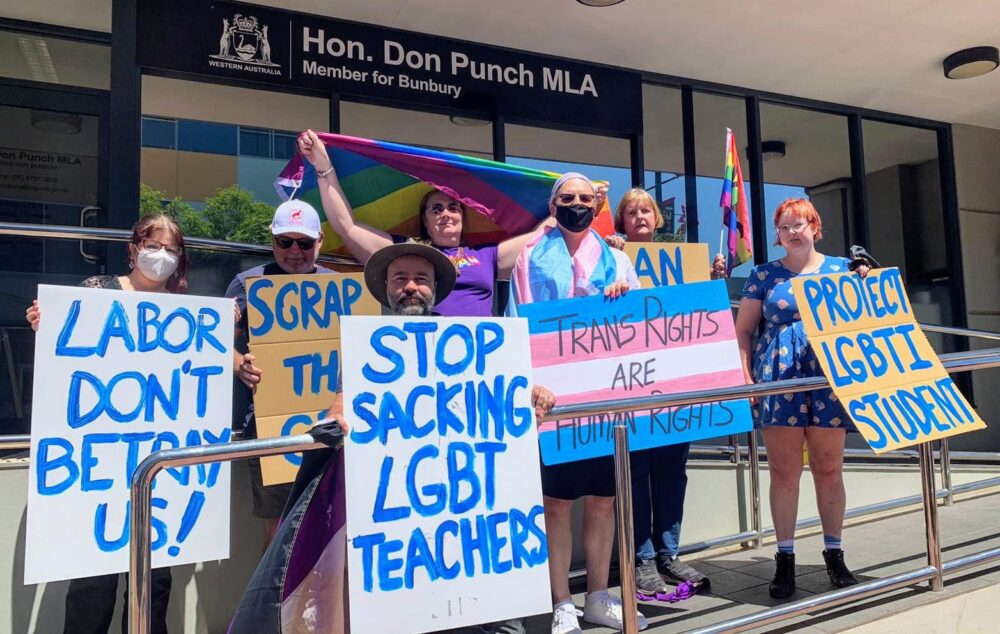
‘Mental health in the Indigenous LGBTI community is silenced’: West Australian researcher
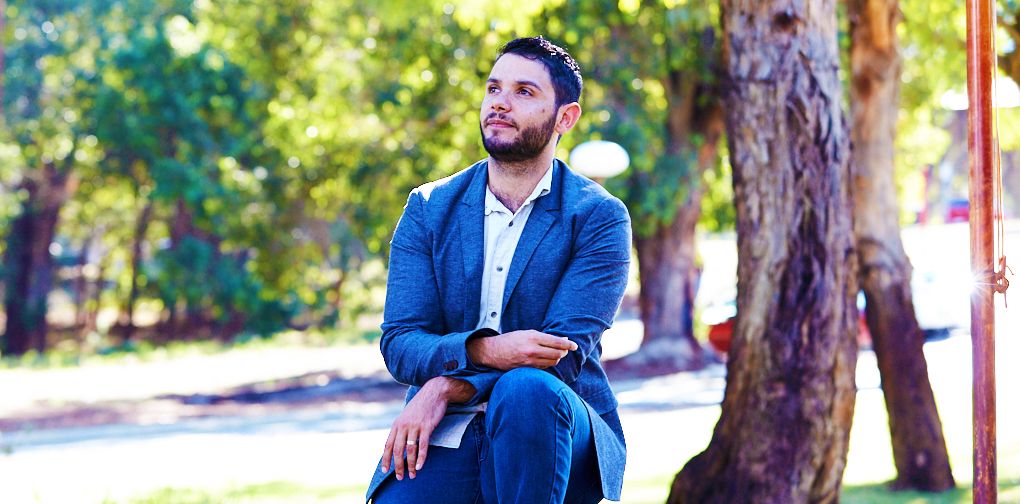
Murdoch University in Western Australia is launching research into the impact of discrimination on the mental health of the Aboriginal and Torres Strait Islander LGBTQI community.
With Indigenous and LGBTQI people having the highest rates of suicide in Australia, the new study will examine the implications of being both Indigenous and queer, as well as public perception and attitudes.
Lead researcher Braden Hill said there was an urgent need to address the everyday racial discrimination and homophobia that could prevent people accessing important support services.
“The research project at its core is concerned by ‘silences’ related to being queer and Indigenous—those within families, communities and, particularly, within policy and service delivery,” said Hill.
“The research outcomes will give a voice to these silences to raise awareness, increase understanding, educate and directly influence change.”
Hill said his own background as a gay Aboriginal man, and the former head of Murdoch University’s Kulbardi Aboriginal Centre, led to his interest in the intersection of queer and Indigenous identities.
“We started to see more and more students who were grappling with that intersection in a way that prompted us to consider how we can better support their negotiation of their own cultural and sexual identities,” he said.
“We realised that we really needed to do more work in this space, not only for our students, but also it’s something that many families and communities could benefit from.”
The university has received a $70,050 Healthway grant for the project, the first state-funded research of its kind, which will involve surveying members of the public and a range of sectors.
Hill said the study will explore the complex issue of homophobia within Aboriginal communities, while considering structural racism and homophobia that Indigenous and LGBTQI people face in Australian society.
“For some, discrimination can and has come from within the family and community,” he said.
“More broadly, Indigenous LGBTQI people have had to endure well-known Indigenous sports stars and some elders arguing that there is no place for homosexuality in Aboriginal culture.
“Sadly, in a lot of cases, this has resulted in many Indigenous LGBTQI people experiencing verbal and even physical violence.”
The project will work with key Aboriginal health organisations to ensure that their services are inclusive for LGBTQI people.
“There is an urgent need to ensure the safety of Indigenous LGBTQI individuals and that they have access to quality support services,” said Hill.
“For us, this is important research that will hopefully create positive change.
“What I’m really excited about is building an evidence base from which we can create strong policies and practices.”
Hill said the research will also bring visibility to the existence and needs of people who are both Indigenous and LGBTQI.
“Visibility of Indigenous queer mob is a really important thing, not only within the non-Indigenous community but also within our own communities,” he said.
“That’s really important in terms of building acceptance.”



